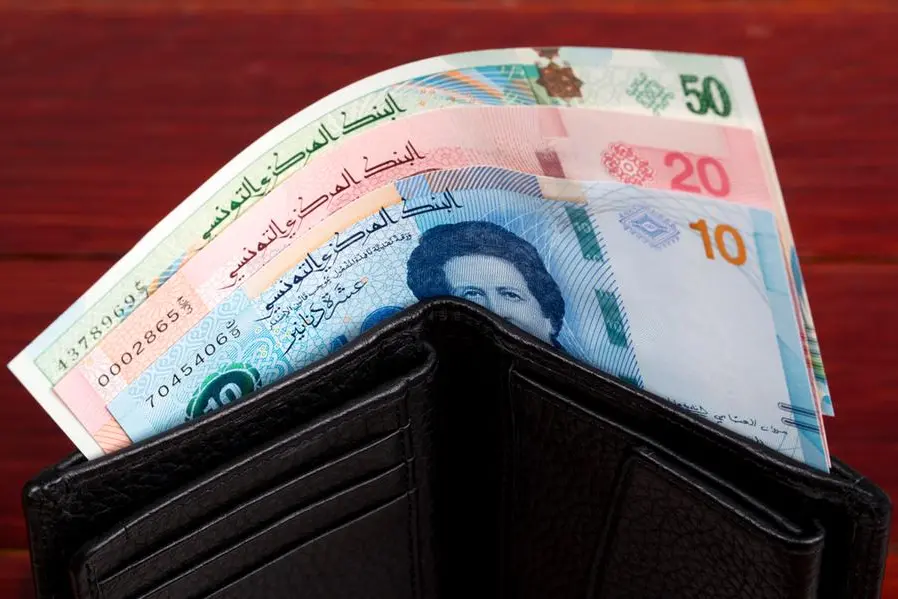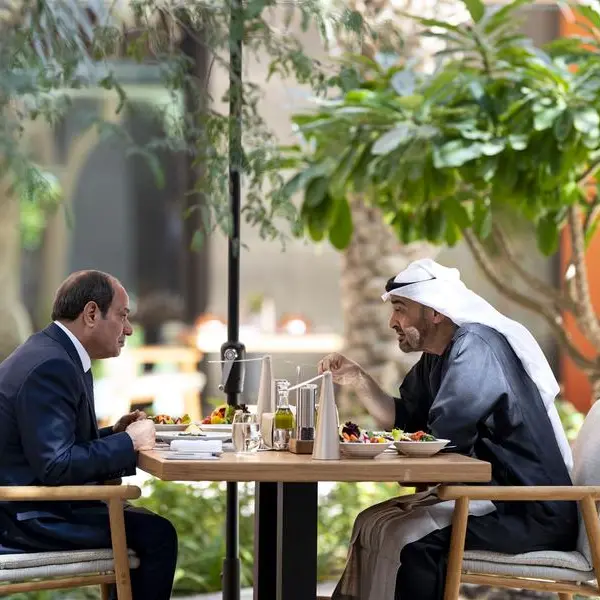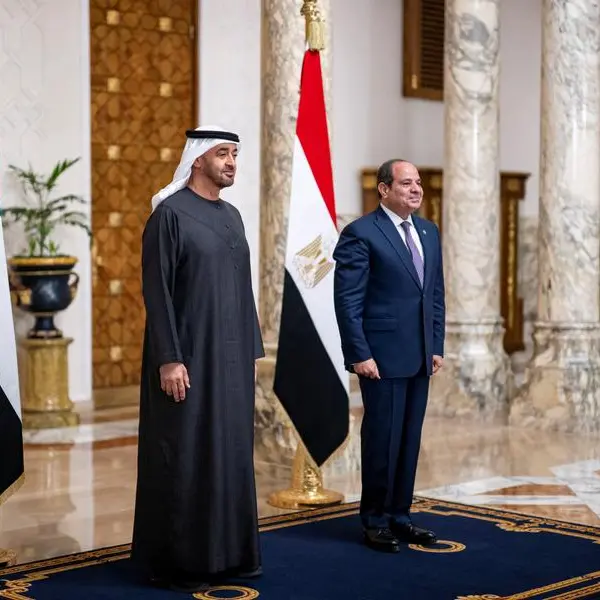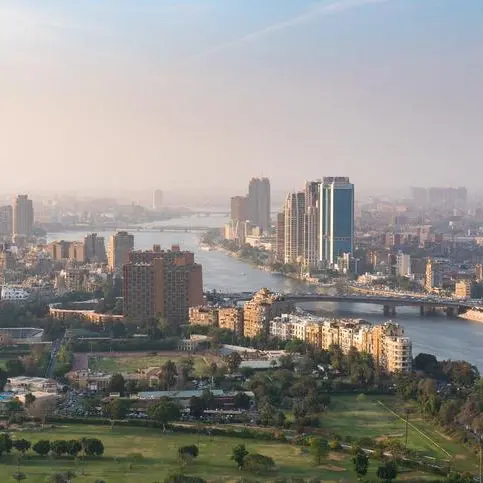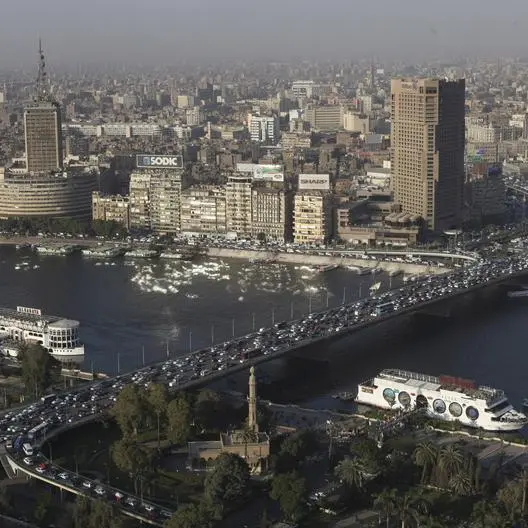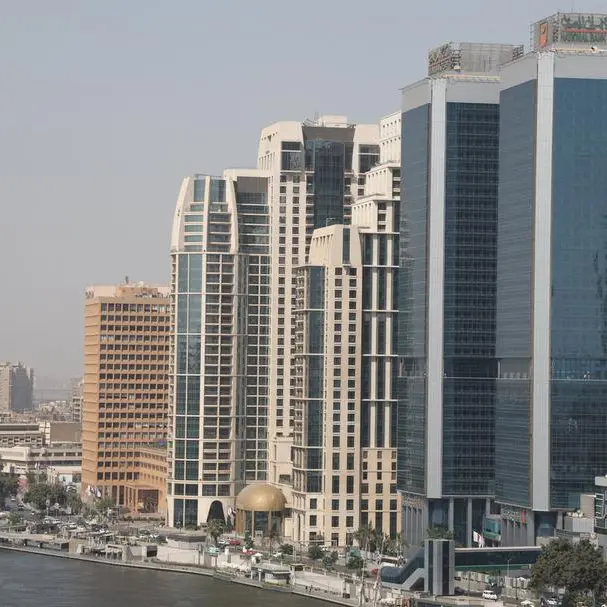PHOTO
The draft state budget for 2025 is based on continuing to control the wage bill, achieving the objectives of the subsidy system, planning strategic development projects and defining investment spending, according to the Prime Minister's Office.
In a circular on the preparation of the draft state budget for 2025, sent to ministers, state secretaries, heads of structures, governors and heads of programmes, it was also stated that the rate of increase in administrative expenditure should not exceed 4%.
These guidelines were formulated in the context of preserving financial balances, reducing the state budget deficit and recourse to debt, according to the same source.
The Prime Ministry pointed out that despite the signs of improvement in the global economic situation, characterised by a recovery in the growth rate of the major economies, uncertainty could affect the international and local situation, requiring a series of forward-looking measures.
He went on to explain that the draft State budget for 2025 is part of Tunisia's Vision 2035 and the achievement of the objectives of the 2023-2025 Development Plan. To this end, the government plans to restore the pace of gradual growth by supporting the productive sector and gradually bringing public finances under control. It also intends to continue reforming the tax system and the civil service, support public investment and continue implementing the national strategy for reducing gas emissions and adapting to climate change.
The Prime Minister's Office expects the cost of the wage bill to fall from 16% of GDP in 2020 to 13.6% in 2023 as a result of the measures taken.
The government will continue to implement several measures, including the general increase in accordance with the agreement of 15 September 2022 and the decrees issued thereunder, and that there will be no call for proposals for wage increases and the creation of new bonuses.
The government will work to rationalise recruitment by targeting it according to priorities.
On the administrative side, the Prime Minister recommends better control over the management of transport and the disposal of unused cars and equipment, energy consumption, expenditure on missions abroad and efforts to rationalise water consumption.
Subsidy spending will reach 7.2% of GDP in 2023, mainly on hydrocarbons and raw materials. The government also plans to better develop control mechanisms in this chapter of the draft 2025 State Budget.
In the chapter on investment spending, the Prime Ministry has recommended implementing the role of regional sectoral committees set up by the Higher Investment Commission and completing projects. He stressed the obligation for all ministries to join the "Injaz" system for evaluating project implementation in order to enter data on the progress of projects.
The Prime Ministry has asked that priority be given to the annual projects and programmes in progress, in order to complete them and, above all, to review the projects placed under the heading "ongoing", but which have not yet started in an effective manner, with the aim of ensuring the imperative of carrying them out and classifying them among the priorities.
It pointed to the possibility of abandoning planned investment projects that are no longer of interest, in order to reduce the State's commitments, bearing in mind that the authorities are called upon, when taking decisions on new projects, to take into consideration the various needs of vulnerable social groups.
With regard to subsidies for state enterprises, the Prime Ministry emphasised the need to mobilise own resources and available surpluses to cover needs and limit State aid.
It noted that the granting of subsidies to enterprises will be carried out in 2025 in instalments according to the rates determined by the Minister in charge of Finance, as the person responsible for the State budget, as well as the need for state enterprises to undertake to provide the services of the Ministry of Finance with a statement on the execution of the budget for the last three years as indicated by the competent chartered accountant. It also stressed the need to adopt these procedures for special accounts. It is also important for special funds to provide reports to the Ministry of Finance, while special missions such as the Assembly of People's Representatives, the Supreme Judicial Council and others are required to respect the legal deadline for submitting their budget proposals.
© Tap 2022 Provided by SyndiGate Media Inc. (Syndigate.info).
